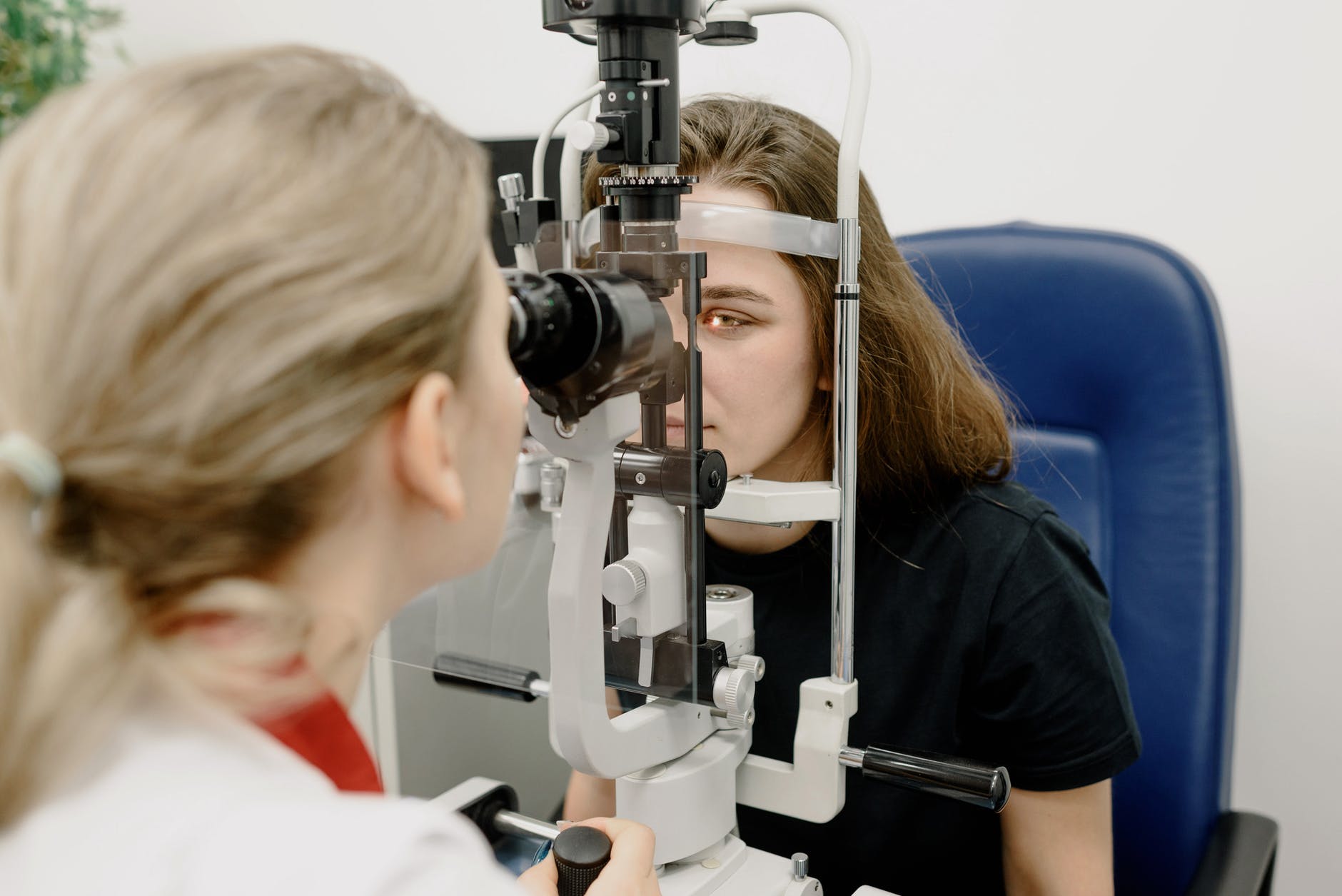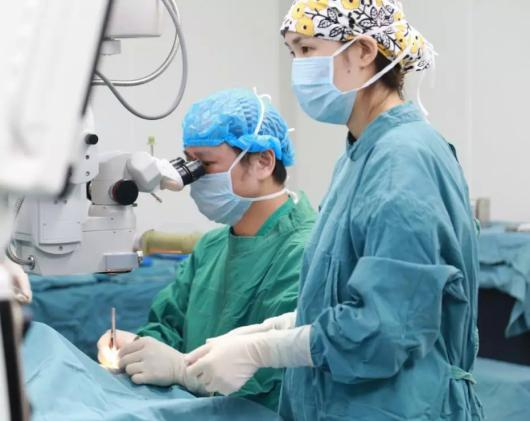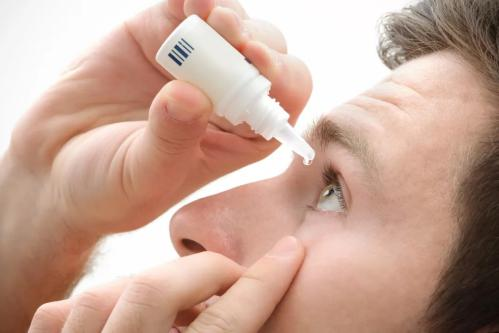Cataract surgery
Date:2021-09-17 Browse:1728What to Expect before Cataract Surgery
You will be evaluated before surgery. This includes checking for any eye diseases. It also includes measuring your eye to choose the correct lens power. If you wear contact lenses, your eye doctor may ask you to stop wearing them before being tested. Tell your eye doctor if you have any health conditions that may affect your surgery or vision. Examples include high blood pressure, diabetes, and heart disease. Give your eye doctor a current list of your medications. Plan to have someone else drive you home after surgery.

What to Expect during Cataract Surgery
Cataract surgery is usually done as an outpatient procedure. You will be given anesthesia in the form of eye drops to numb your eye. Typically, you will be fully awake during the surgery. You will be comfortable and should feel little or no discomfort. Your eye doctor will use a microscope to have a magnified view of your eye. Your natural lens sits in a bag-like structure called the lens capsule. The lens capsule is located just behind the colored part of your eye (iris). A small incision is made in the outer surface of the eye. The eye doctor inserts a tiny probe through this opening to break up the cataract. Your eye doctor then uses a device like a small vacuum to remove the cataract pieces from your eye. Now there will be room for the IOL to be placed in your eye, to replace your natural lens that your eye doctor has just removed. Your doctor will insert the IOL through the same tiny incision. When the surgery is complete, your eye doctor may place a protective patch or shield over your eye.

What to Expect after Cataract Surgery
Right after surgery, you should stay in the recovery area for a short time. Your eye doctor should give you an identification card to keep in your wallet. This card shows the type of implant in your eye. Present this card to any eye doctor who examines your eyes after your surgery. Many patients may begin to see better within 1 to 2 days. Some are stable at 10 to 14 days. Some may take 4 to 6 weeks to recover from surgery. Improvements in vision are different for each person.
Call your eye doctor right away if you experience any itching, pain, flashing lights, “floaters,” redness, severe headache, nausea/vomiting, light sensitivity, or watery eyes after surgery.
Postoperative Care Instructions
You will return home after surgery. Your eye doctor will give you antibiotic eye drops and medicines to speed up healing and to prevent infection. Take all prescribed medicines and apply eye drops as instructed by your eye doctor.
You will be given a date and time for a follow-up visit. It is typically the next day. Your doctor will examine you several more times following your surgery. It may take you some time to get used to your new IOL. Talk to your eye doctor if you have any questions or concerns after your surgery.

